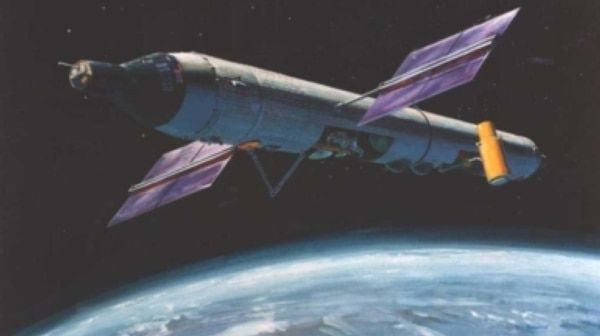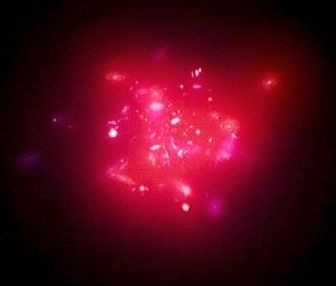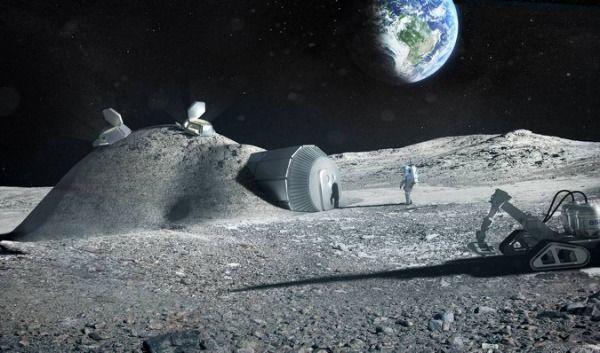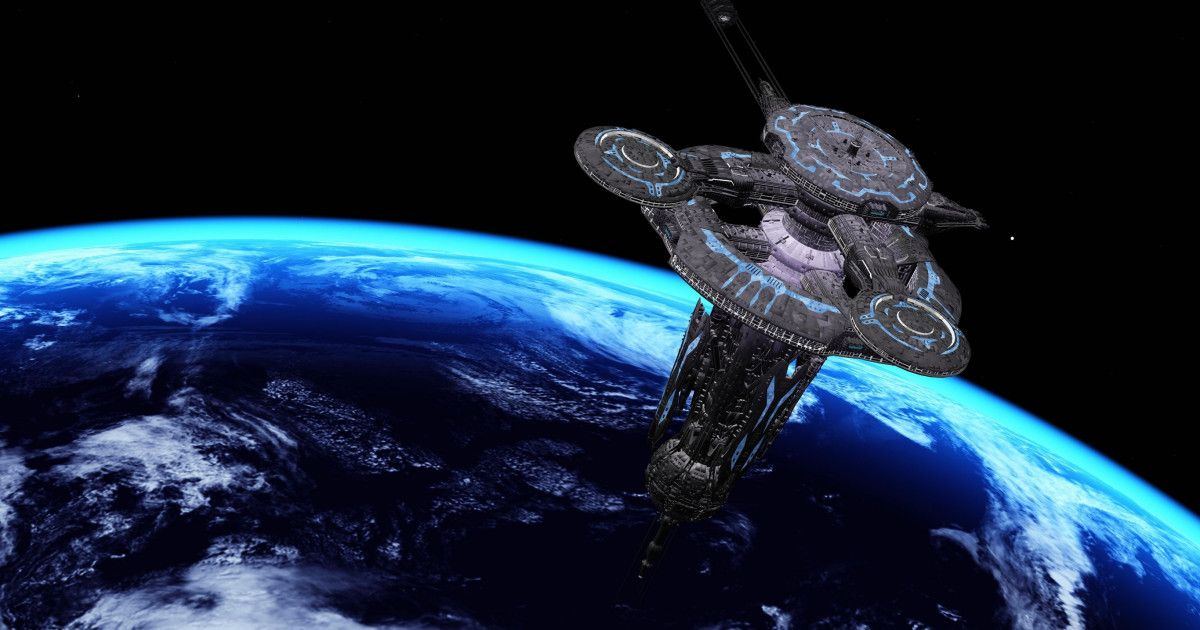Archive for the ‘space’ category: Page 995
Jan 3, 2016
The Next Einstein? –“Radical New Theory Answers Unsolved Mysteries of Physics”
Posted by Andreas Matt in categories: physics, space
In late May, mathematician Eric Weinstein gave a talk at Oxford University about his ideas about “Geometric Unity,” a mathematical theory that purports to explain why the universe works the way it does. Weinstein He earned a 1992 Ph.D [in Mathematical Physics from Harvard University and has since held a Lady Davis Fellowship in the Racah Institute ofPhysics at Hebrew University, an NSF fellowship in the mathematics Department of MIT.
Jan 1, 2016
The World Is Racing to Build a Moon Base — Here’s What It Could Look Like
Posted by Dan Kummer in category: space
It’s a global space race to live on the moon. Around 26 nations want to figure out what that’s going to look like.
In the past, NASA has been a big fan of expandable, inflatable modules, like the ones made by Bigelow Aerospace. The ESA’s concept art shows buildings made out of the natural elements found on the lunar surface. This idea isn’t far-fetched; product designers have used sand to print in the past.
Jan 1, 2016
Potential delay for first test flight of India’s spaceplane demonstrator
Posted by Dan Kummer in categories: space, transportation
The Indian Space Research Organisation (ISRO) may have to delay the first test flight of its experimental Reusable Launch Vehicle-Technology Demonstrator (RLV-TD) spaceplane. The unmanned sub-orbital spacecraft, which is similar in design to the US Air Force’s X-37B, was scheduled to be launched in February, but technical difficulties may put back the flight to the first week of April.
According to a report in the New Indian Express, a minor leak in the flight systems of the RLV-TD led to the potential setback. K Sivan, director of the Vikram Sarabhai Space Centre (VSSC), where the craft is being developed, told the paper that the spacecraft needed to be reassembled, which could cause a significant delay if more problems occur.
The RLV-TD is a two-stage scaled prototype of India’s Avatar spacecraft designed to drastically reduce the cost of launching payloads into orbit from US$5,000 per kilogram (2.2 lb) to US$500. RLV-TD is a winged technology demonstrator for testing flight and propulsion systems that will allow the completed Avatar to return to Earth for a controlled landing like a conventional aircraft.
Dec 31, 2015
Lunar Leap: Europe Is Reaching for a Moon Base by the 2030s — By Leonard David | Space.com
Posted by Odette Bohr Dienel in categories: space, space travel, strategy
“There is growing interest in Europe to prioritize the moon as humanity’s next deep-space destination.”
Dec 30, 2015
Frighteningly Enormous Solar Flare Update: White House Prepares For Coronal Mass Ejection, Potential Catastrophic Space Weather Events
Posted by Sean Brazell in category: space
While many people are looking back on pivotal events of 2015 — famous deaths, terrorism, and the horse and pony Republican presidential debates — a disturbing solar flare report is trending again.
Recently, the White House made preparations for unpredictable and severe space weather events. And much of the clamor focuses on the possibility of a catastrophic coronal mass ejection striking Earth, citing an AOL latest news story.
According to a Newsy video report (below), an intense solar flare narrowly missed a direct hit with Earth by a matter of days in 2012. NASA said an intense CME launched towards the planet at speeds of over 6 million miles per hour.
Dec 30, 2015
Powerful Solar Storm to Hit Earth Before New Year’s Eve
Posted by Sean Brazell in category: space
Here’s one way to end the year on a bright note.
A powerful solar storm set to slam Earth today will make for stunning views of the Northern Lights just before New Year’s Eve. The National Oceanic and Atmospheric Administration’s Space Weather Prediction Center said the “strong” storm could allow the Northern Lights to dip as far south as Oregon and Illinois.
Dec 30, 2015
Congress wants NASA to build a deep space habitat for astronauts, and finish it
Posted by Klaus Baldauf in categories: habitats, space
Part of NASA’s recently passed budget plan laid out by Congress urges the space agency to develop a prototype deep space habitat by as early as 2018.
It’s been a short 20 years since Mayor and Queloz first detected 51 Peg b, the first exoplanet discovered around a solar type star. This is my personal take on this all; kind of takes me back. I can still smell the thyme at Haute-Provence.
Dec 29, 2015
[Visual Dictionary] Out of This World Space Art — By Dave Valeza | The Creators Project
Posted by Odette Bohr Dienel in categories: media & arts, space, space travel
“[Dave Valeza] captures the wonder artists worldwide have experienced with the rejuvination of the space industry of the past few years. From finding water on Mars to landing reusable rockets (plural!), 2015 has been a great year for space, and artists are loving it.”
















